|
Earlier this week, a Melbourne private school hit the headlines for all the wrong reasons, after male students created a spreadsheet that ranked their female peers using derogatory terms such as “wifey” and “unrapeable”. The outcry was swift and fierce: two students were expelled and the school went into damage control.
As the dust settles around what must be every principal’s worst nightmare, education experts Stephanie Wescott and Steven Roberts move past the initial outrage and look at the bigger, much more disturbing picture in Australian schools.
Teachers interviewed as part of the authors’ research say they are seeing the impact of online figures such as “misogynist influencer” Andrew Tate on their students’ attitudes and behaviour. One teacher told them about a boy she taught in Year 7 who was a “wholesome, creative” child who did dance competitions. Now he writes “disturbingly misogynistic messages”.
This is all happening within a broader backlash against #metoo. As our authors note, “Teachers in our study said their students believe women have achieved unequal power over men.” They also report that responses from school leaders are not strong or urgent enough.
As Australia grapples with its shocking record on violence against women, Wescott and Roberts say our schools need to do more, and governments need to step in to help them do so. This includes a national campaign against gendered violence in schools, and guidelines about how schools should respond and what standards are expected.
Putting it simply, Wescott and Roberts conclude we need a zero-tolerance approach, and we need it now.
This is just one of the many crucial issues on which our authors use their research expertise to help everyone in society make better decisions. If you value this work, now is the time to make a tax-deductible donation. A big thank you to all those generous readers who have already given.
|

|
Judith Ireland
Education Editor
|
|
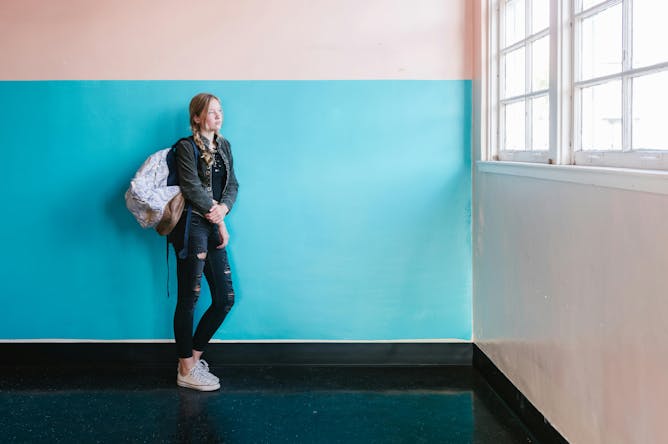
Stephanie Wescott, Monash University; Steven Roberts, Monash University
Our ongoing research has found sexism, sexual harassment and misogyny are rife in Australian schools. The federal government needs to lead a national campaign against this.
|
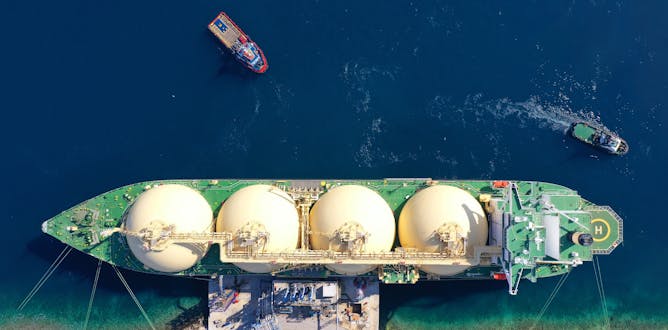
Samantha Hepburn, Deakin University
Why is Australia talking about opening new gas fields as a way to reach net zero?
|
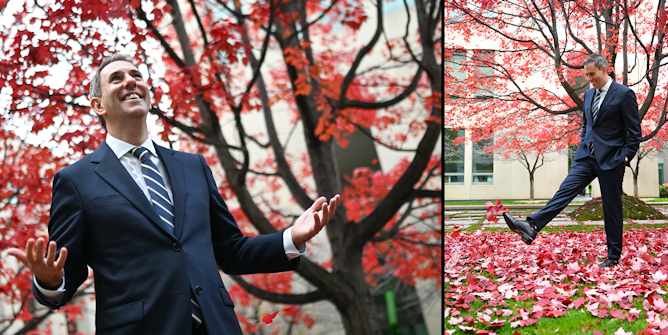
Michelle Grattan, University of Canberra
While the iconic ‘budget tree’ has its own narrative it’s now up to Chalmers to weave his budget story and kick some goals for the government.
|
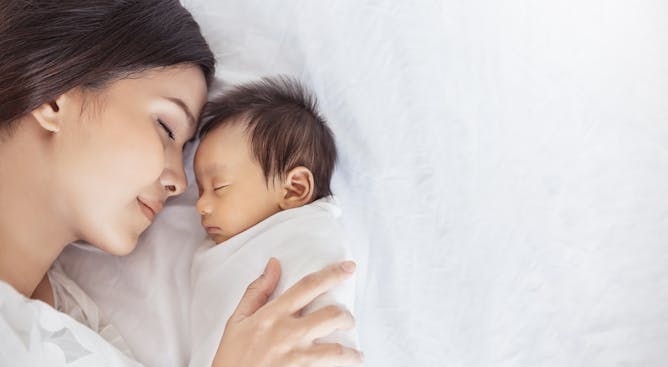
Leah Ruppanner, The University of Melbourne
A declining population can have big implications for society down the track. To make parenting easier, governments need to take a more nuanced approach.
|

Catherine Strong, RMIT University; Tami Gadir, RMIT University
A number of celebrities have made it clear they won’t ‘pick a side’ in relation to the war on Gaza. Macklemore clearly isn’t worried about that.
|
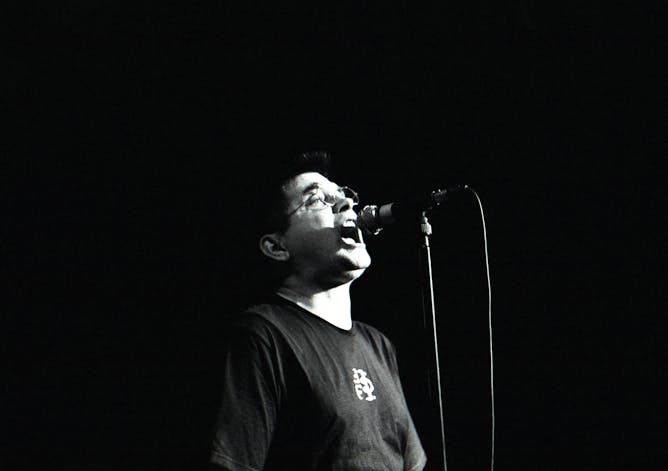
Samantha Bennett, Australian National University
I knew Steve Albini, who has died at just 61, as a kind, patient and accommodating engineer, committed to the truest possible representation of live sound.
|

Michael Head, University of Southampton
AstraZeneca withdrawing it COVID vaccine from the market has nothing to do with blood clots.
|
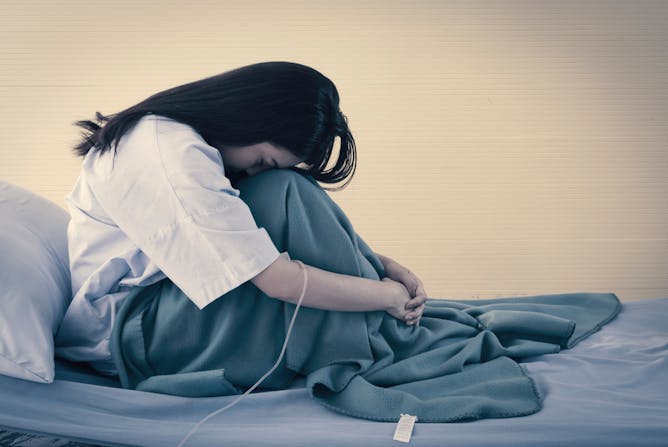
Amy Corderoy, UNSW Sydney
Australians are more likely to receive treatment against their will if they are born overseas, speak a language other than English or are unemployed.
|
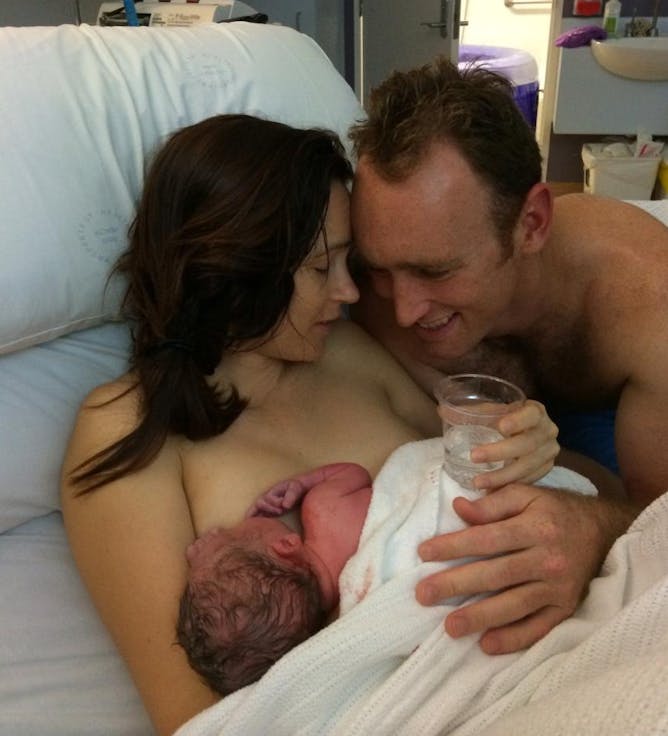
Holly High, Deakin University
People rarely speak plainly of birth, and even more rarely spell out the details in positive terms.
|
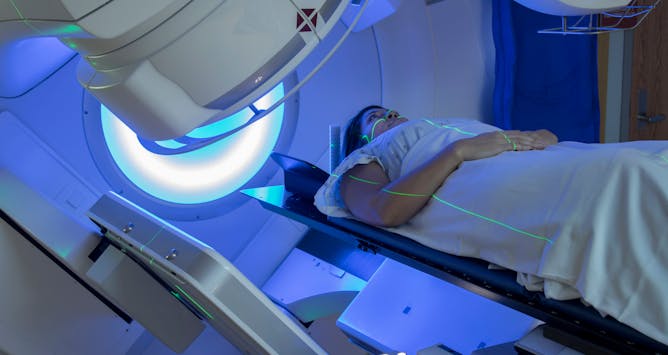
John Goss, University of Canberra
Healthcare productivity appears to be growing three times faster than economy-wide productivity.
|
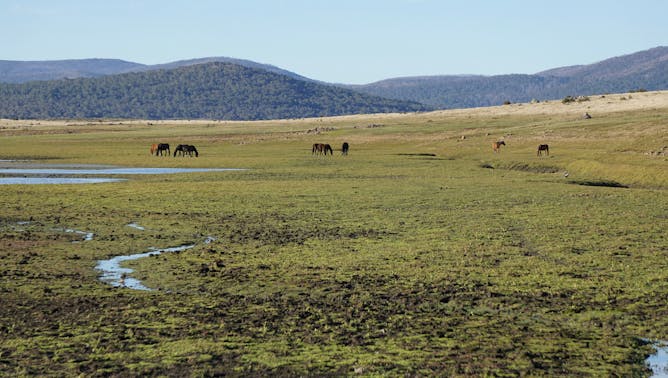
Sarah Treby, RMIT University; Samantha Grover, RMIT University
When it comes to storing carbon, alpine peatlands are powerhouses. But feral horse grazing and trampling tips the carbon balance in the other direction. We need to protect and restore our peatlands.
|
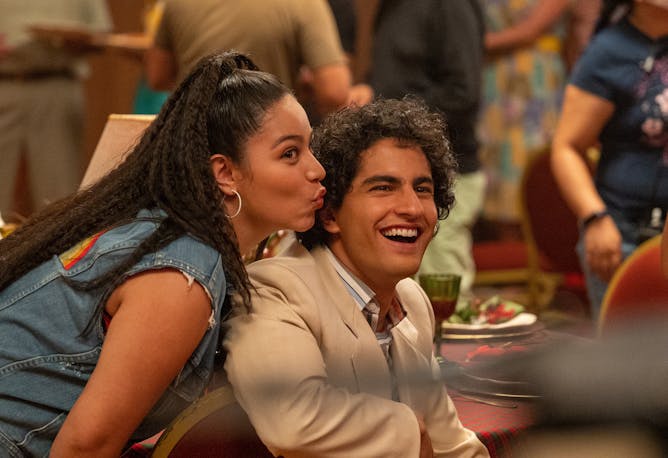
César Albarrán-Torres, Swinburne University of Technology
Thanks to streaming, multilingual film and TV is exploding, and it’s helping to enhance the viewer experience.
|
Politics + Society
|
-
Danica Jenkins, University of Sydney
Tens of thousands have taken to the streets to protest a new bill they claim was taken straight from Russian President Vladimir Putin’s playbook.
-
Somwrita Sarkar, University of Sydney; Nicole Gurran, University of Sydney; Rashi Shrivastava, University of Sydney
Sydney emerges as the most segregated of our biggest capital cities, and the trend will continue without broad changes in government policy and investment.
-
Tom Baker, University of Auckland, Waipapa Taumata Rau; Cristina Temenos, University of Manchester; Kevin Ward, University of Manchester
City deals are being touted as the answer to NZ’s local infrastructure problems. Lessons from the UK and Australia suggest greater transparency and more coherent planning should be on the table too.
|
|
Health + Medicine
|
-
Gary Sacks, Deakin University; Kathryn Backholer, Deakin University; Kathryn Bradbury, University of Auckland, Waipapa Taumata Rau; Sally Mackay, University of Auckland, Waipapa Taumata Rau
The mass-produced wholegrain bread you buy from the supermarket isn’t harmful to your health, even though it’s an ‘ultra-processed’ food. Your overall diet matters more.
|
|
Science + Technology
|
-
Jonathan Symons, Macquarie University; Jacqueline Dalziell, University of Sydney; Thom Dixon, Macquarie University
Organisms that produce synthetic fuel and suck carbon out of the air are just some of the possibilities of ‘engineering biology’ – if policymakers can shepherd the industry towards success.
|
|
Environment + Energy
|
-
Andrew Dowdy, The University of Melbourne; Conrad Wasko, University of Sydney; Jennifer Catto, University of Exeter; Seth Westra, University of Adelaide
Why have we seen so many extreme floods in recent years? Climate change is supercharging thunderstorms, adding moisture and heat.
|
|
Books + Ideas
|
-
Jan Lanicek, UNSW Sydney; Rebecca Cordony, UNSW Sydney
Holocaust stories have often been criticised for their distortions and misrepresentations, but they can also encourage audiences to learn from history.
|
|
Business + Economy
|
-
Adam G. Arian, Australian Catholic University; John Sands, University of Southern Queensland
Business strategies to slash carbon emissions don’t just protect our environment but can help Australian companies attract global investment.
|
|
| |
|
|
|
The Conversation AU
Melbourne VIC, Australia
•
Full Time
|

|
|
The Conversation AU
Melbourne VIC, Australia
•
Full Time
|

|
|
|
|
| |
| |

|
| |
| |
| |
Featured Events, Courses & Podcasts
|
View all
|
|
|
|
| |
| |
| |
| |
| |
|
|